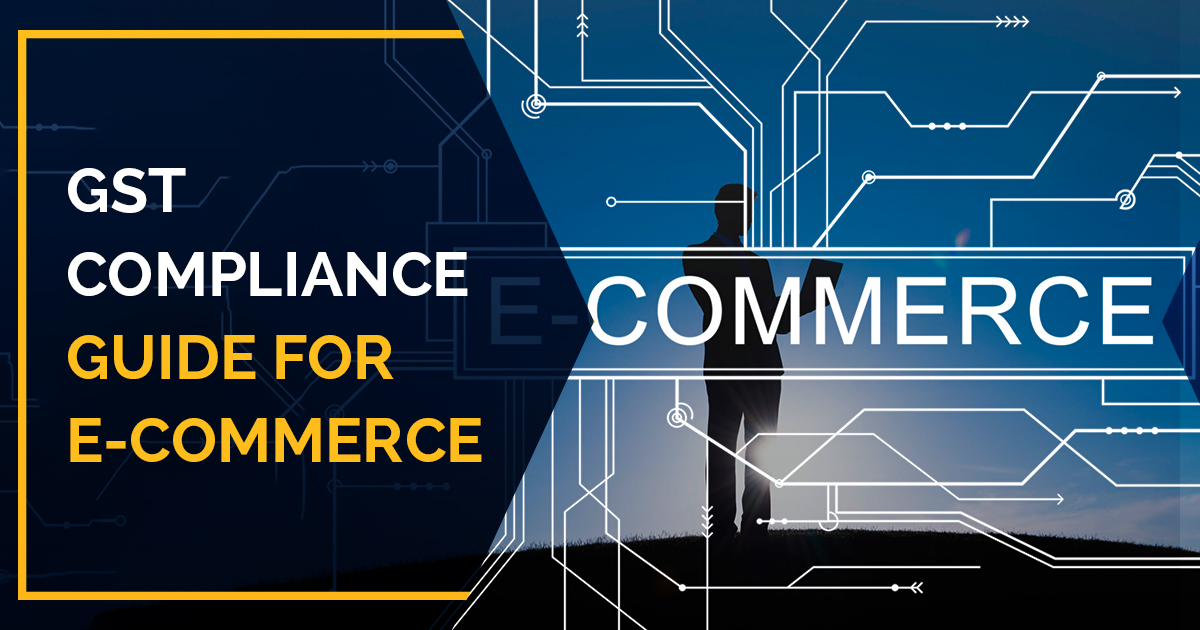
In the dynamic landscape of online commerce, electronic marketplaces have emerged as pivotal facilitators of transactions, bridging the gap between buyers and sellers. With the surge of E-commerce, governments worldwide, including India, have been adapting their tax frameworks to accommodate the digital economy. In this scenario, understanding the role of E-commerce operators under the Goods and Services Tax (GST) regime becomes paramount.
Defining E-commerce Operators:
An E-commerce operator encompasses any entity managing a digital platform facilitating the exchange of goods or services between suppliers and customers. Popular platforms like Amazon, Flipkart, and eBay exemplify E-commerce operators, serving as intermediaries in transactions.
GST Registration Obligations:
Mandatory GST registration applies to E-commerce operators, irrespective of their turnover. Each operator must obtain a unique Goods and Services Tax Identification Number (GSTIN) for every state of operation. Registration entails electronically submitting Form GST REG-07 through the GST portal or designated facilitation centers.
GST Liabilities for E-commerce Operators:
1.Tax Collection at Source (TCS): As per Section 52 of the CGST Act, E-commerce operators are tasked with collecting Tax Collection at Source (TCS) from sellers on the platform. This TCS is collected at a prescribed rate from the consideration received by sellers from customers, subsequently reflected in the seller’s electronic cash ledger for GST discharge.
2.Commission Charges: E-commerce transactions involve three parties: the supplier, the buyer, and the operator. The operator levies a commission on transactions, subject to GST.
3.Special Case under Section 9(5) of the CGST Act 2017: Section 9(5) designates certain services where the E-commerce operator is deemed the supplier, such as passenger transport, housekeeping, restaurant, and accommodation services. In such cases, the operator bears the tax liability under the reverse charge mechanism, regardless of the supplier’s GST registration status. Notably, TCS under Section 52 doesn’t apply in this scenario since the operator assumes responsibility for GST collection and deposit.
Conclusion:
Navigating GST compliance is crucial for E-commerce operators in India. Understanding their registration obligations and tax liabilities ensures seamless adherence to regulatory frameworks. As the digital economy continues to evolve, E-commerce operators play a pivotal role in driving economic growth, necessitating their active participation in GST compliance measures.
This article is only a knowledge-sharing initiative and is based on the Relevant Provisions as applicable and as per the information existing at the time of the preparation. In no event, RMPS & Co. or the Author or any other persons be liable for any direct and indirect result from this Article or any inadvertent omission of the provisions, update, etc if any.
Published on: March 6, 2024
